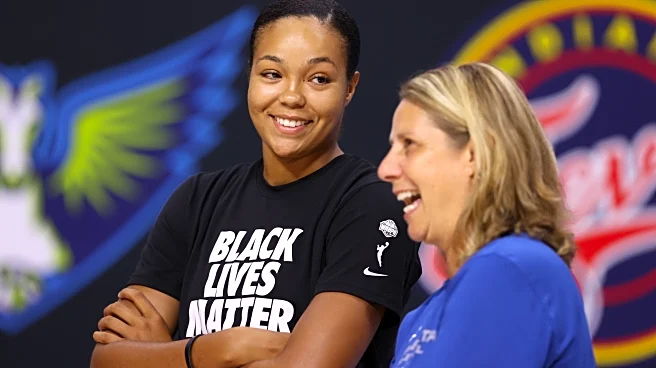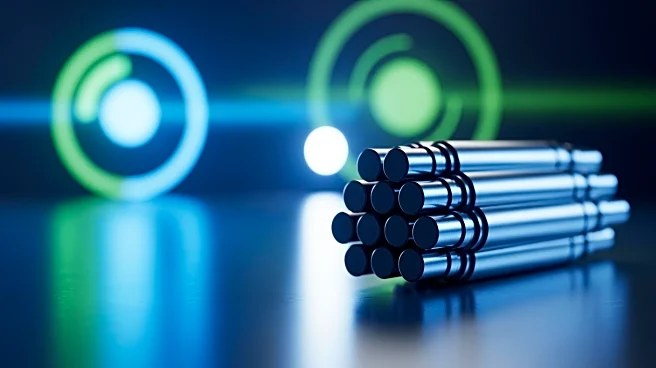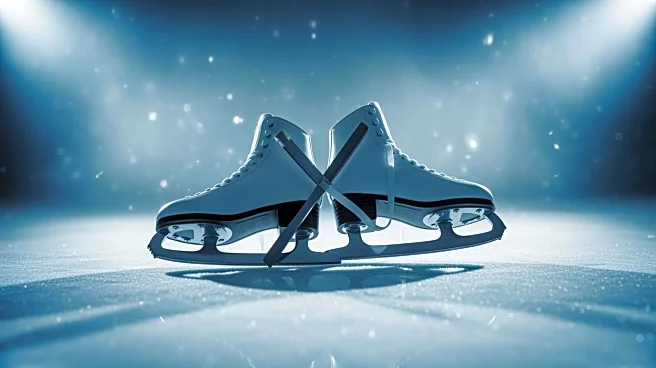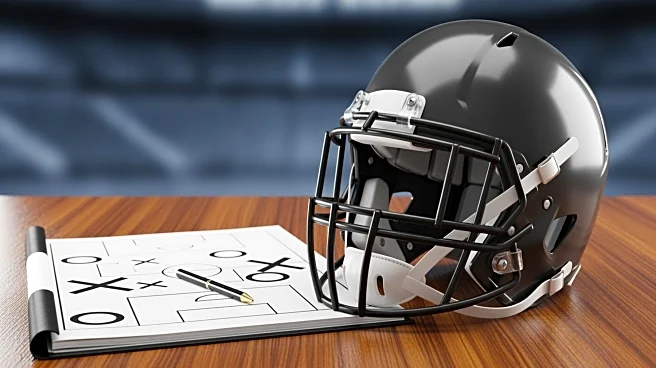Over the last decade-plus, the Minnesota Lynx have been at the forefront of some difficult conversations and trying to lead to change.
Whether it has been been wearing “Change Starts With Us” warmup shirts
in 2016, bringing to light social justice issues, focusing on building up the next generation of female leaders and elevating women’s sports through the Lynx Changemakers Program, participating in numerous community events such as the Team Up for Change partnership in 2020, partnering with organizations such as Bon Iver in 2025 to focus on gender equity and community impact, or simply speaking out about things that are going on beyond the basketball court.
That has carried into the end of the 2025 WNBA season, one where Minnesota saw its year come to a close in the semifinals round after falling to the Phoenix Mercury. And it comes at a crucial time in the league with Collective Bargaining Agreement conversations taking place ahead of the 2026 season.
Throughout the regular season and notably in the playoffs, numerous players and coaches across the league have spoken out about the WNBA’s leadership, most notably its inability to improve officiating or provide the proper resources to that specific area of the game, among other aspects that need to be improved.
And as we’ve seen from Minnesota, it is taking things up a notch and is at the forefront of that conversation once again.
Reeve Calling For Change
Following her ejection in Game 3 of the semifinals against Phoenix, Lynx head coach Cheryl Reeve openly spoke out about the WNBA’s leadership, calling for a “change of leadership at the league level when it comes to officiating.” Reeve has noted that the lack of investment and resources towards that specific area of the game is “bad for the game,” but is “the look at our league wants, for some reason.”
Since those comments, Las Vegas Aces head coach Becky Hammon and Indiana Fever head coach Stephanie White have agreed with Reeve, backing up the Lynx coach’s statements.
The league’s response? A suspension of Reeve for Game 4 of the semifinals along with a $15,000 fine — the largest in WNBA history — and a $1,000 fine for both Hammon and White.
Though Minnesota’s season came to a close in the same Game 4 that Reeve was suspended for, Lynx star Napheesa Collier took things up a notch on Tuesday in one last media availability before Lynx players departed for the offseason.
Collier Applying Pressure
During the team’s end-of-season exit interview with media on Tuesday, Collier entered the media room and didn’t field questions from reporters right away, but rather started reading a four-plus-minute statement she had prepared.
And to say Collier put it all out there would be an understatement.
“I want to be clear, this conversation is not about winning and losing. It’s about something much bigger. The real threat to our league isn’t money, it isn’t ratings, or even missed calls or even physical play,” Collier began in her statement. “It’s the lack of accountability from the league office.”
Collier called out the league and notably WNBA Commissioner Cathy Engelbert for their lack of accountability in the product on the court, applying pressure on the league in one of the most notable and direct statements you’ll ever hear from a player.
“Whether the league cares about the health of the players is one thing, but to also not care about the product we put on the floor is truly self-sabotage. Year after to year, the only thing that remains consistent is the lack of accountability from our leaders,” Collier said. “Fans see it every night. Coaches, both winning and losing, point it out every night in pre-game and post-game media. Yet leadership just issues fines and looks the other way. They ignore the issues that everyone inside the game is begging to be fixed. That is negligence.”
Collier recalled a conversation she had with Engelbert last February during the inaugural Unrivaled season about how the WNBA planned to address officiating issues across the league. According to Collier, Engelbert said, “only losers complain about the refs” and “players should be on their knees thanking their lucky stars for the media rights deal I got them.”
The Lynx star went on to mention the fact that she has received texts, calls, and well-wishes from players and other across the league after injuries she sustained during the regular season and most recently in Game 3 of the semifinals, but there was one person who never reached out.
“Do you know who I haven’t heard from? Cathy. Not one call. Not one text. The only outreach has come from her number two, telling my agent she doesn’t believe physical play is contributing to injuries,” Collier said. “That is infuriating, and it’s the perfect example of the tone-deaf dismissive approach that our leaders always seem to take. … We go to battle every day to protect a shield that doesn’t value us. The league believes it succeeds despite the players, not because of them.”
Collier concluded by stating she has “finally grown tired” of trying to fight this battle, mentioning she has tried to have conversations behind closed doors. But now, the league has made one thing clear: “It isn’t about collaboration. It’s about control and power.”
What is the league’s response, you ask?
“I have the utmost respect for Napheesa Collier and for all the players in the WNBA. Together, we have all worked tirelessly to transform this league. My focus remains on ensuring a bright future for the players and the WNBA, including collaborating on how we continue to elevate the game,” Engelbert said in a statement. “I am disheartened by how Napheesa characterized our conversations and league leadership, but even when our perspectives differ, my commitment to the players and to this work will not waver.”
Time and time again, the WNBA has dropped the ball. And now, even more eyes are witnessing it firsthand.
What Reeve and Collier have said over the last few days aren’t seen often, but both feel as though they are things that need to be said. And it’s not just the Lynx who feel this way; it’s many players and coaches across the WNBA. But as we’ve seen on numerous occasions, Minnesota is at the forefront of having these difficult conversations and trying to spark change, once and for all.
“We have the best players in the world. We have the best fans in the world. But right now, we have the worst leadership in the world,“ Collier said.









